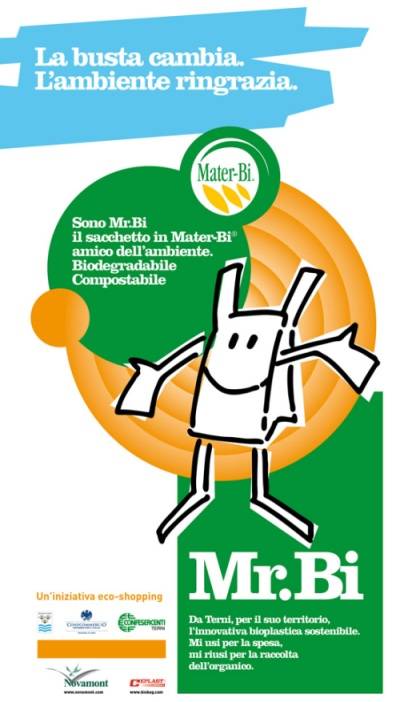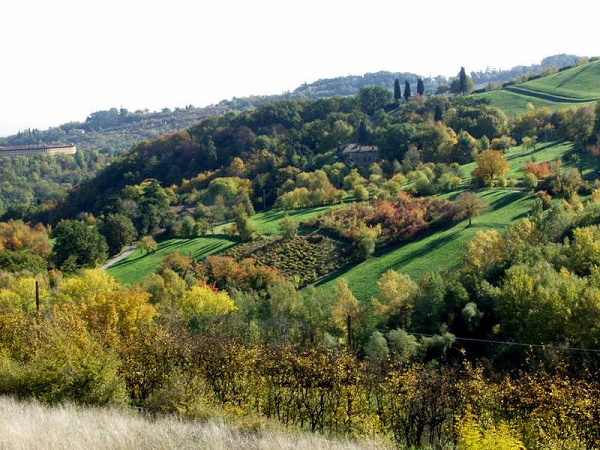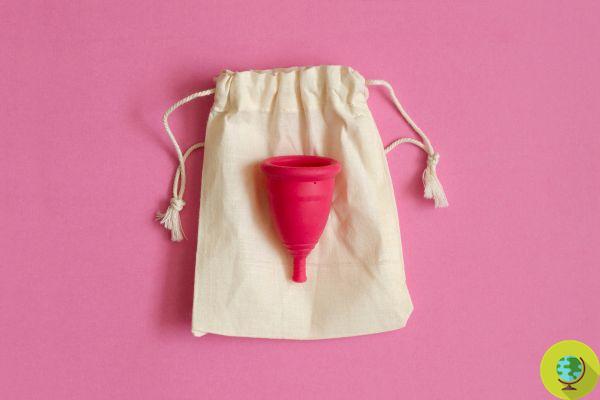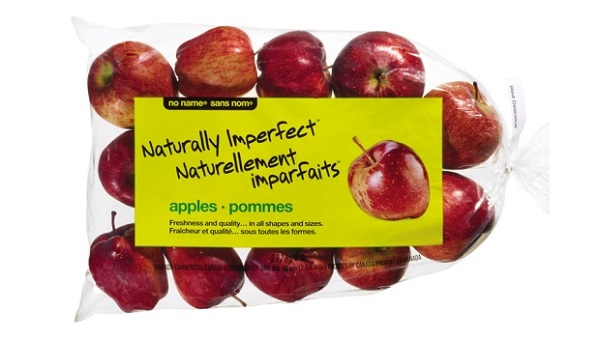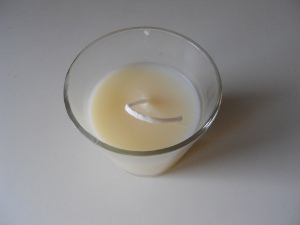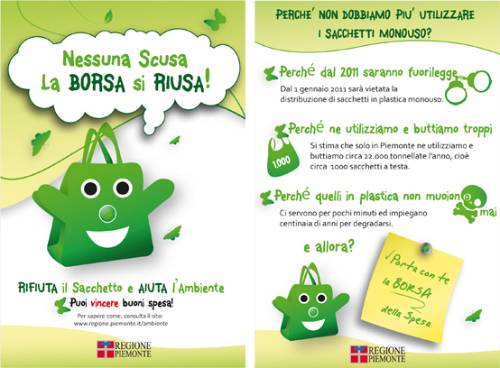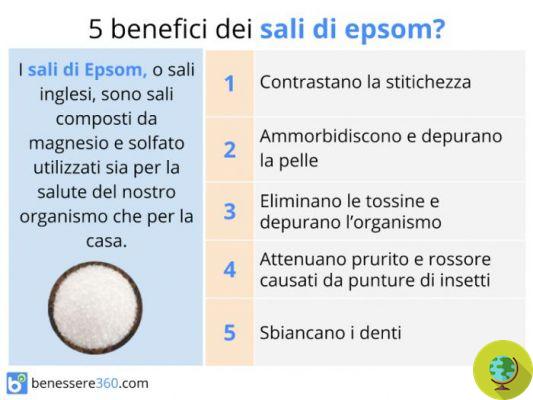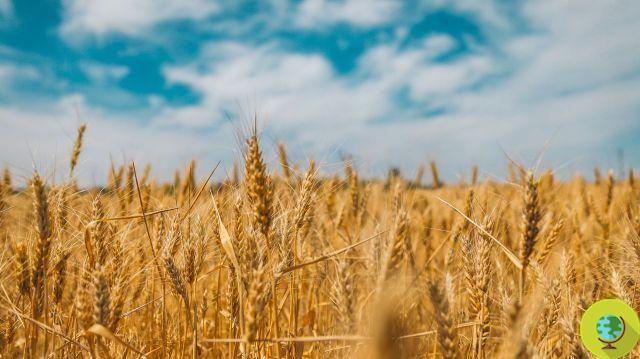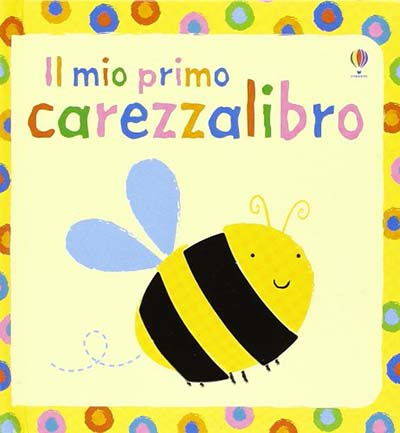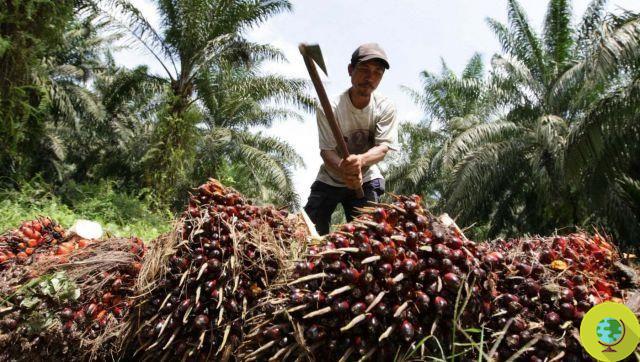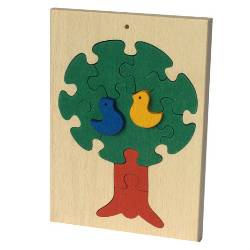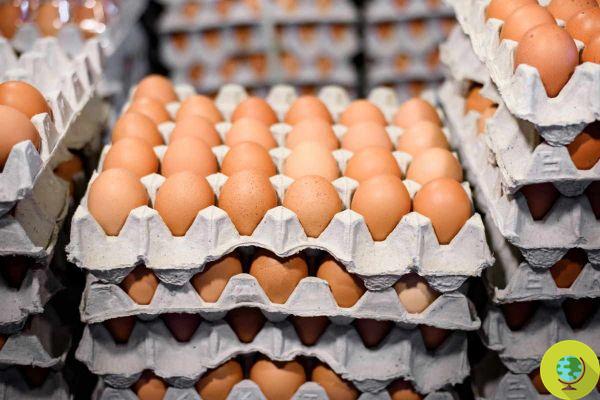
Europe is working on a new label that will have to indicate the environmental footprint of different products but the applied methodology could be misleading, if we consider the agro-food sector. 14 associations wrote a letter to the European Commission
Don't store avocado like this: it's dangerous
Can the PEF methodology, which Europe wants to adopt to create new labels that establish the environmental footprint of products, also be applied to those of the agri-food sector? According to an international coalition of organizations, the answer is no, and the reasons are well explained, even with concrete examples.
The European Commission is working to establish a methodology capable of evaluating the ecological footprint of a given product, so that the consumer, finding a new specific label, will be able to choose with more awareness whether to buy it or not, also evaluating this aspect.
But the validity of the method used to quantify the environmental footprint of the product (Pef) for the agri-food sector it is contested by 14 organizations (including Slow Food Europe, Fair Trade Advocacy Office and Compassion in World Farming - Ciwf) which, together, have written a letter to the European Commission, explaining their reasons.
In summary, the NGOs, despite being in favor of the new label that evaluates the sustainability of products, are convinced that the methodology, as it is structured now, penalizes organic farming in favor of intensive agriculture. And a concrete example is given.
As the letter reads:
The PEF methodology is not adequate for assessing the environmental footprint of agri-food products. When applied to food, PEF gives misleading results. For example, eggs from caged hens score better than free-range eggs, which in turn are better than organic eggs. When it comes to agri-food products, PEF is predominantly an indicator of yields, preferring the more intensive methods of production and ignoring both a number of positive and negative elements of the food production process. Production methods are fundamental to define the sustainability of agri-food products.
According to the associations, there is therefore a lack of indicators that could really help to establish the environmental footprint of food products. Among these, for example:
- loss of biodiversity
- soil degradation
- consequences in the use of pesticides
- deforestation
What can be the alternative to Pef? In the letter, the organizations write:
Other recently developed scoring methods, such as PlanetScore3 or the Omni4 label are more aligned with the objectives of the Farm to Fork strategy, including reducing the use of pesticides, fertilizers and antimicrobials, increasing the share of EU farmland in agriculture and the improvement of animal welfare.
Whatever the choice of Europe, however, the:
future sustainability label must aim to support a transition to the best sustainable food system, rather than further stepping up escalation.
And we can only agree more. A new label that indicates the sustainability of a food, throughout its production cycle, is more important than ever but it must necessarily take into account the correct parameters, in order not to risk obtaining the opposite effect, creating confusion and misunderstandings.
Follow your Telegram | Instagram | Facebook | TikTok | Youtube
Fonte: Food Policy Coalition
Read also:
- From 2023 clothes and shoes will have new labels with environmental impact: how they are read (and why they are not enough)
- After the Nutri-score, France launches the Eco-score, the label that informs about the environmental impact of food
- Indication of origin on the label: the decree that saves the obligation for pasta, tomatoes and milk arrives at the last minute




